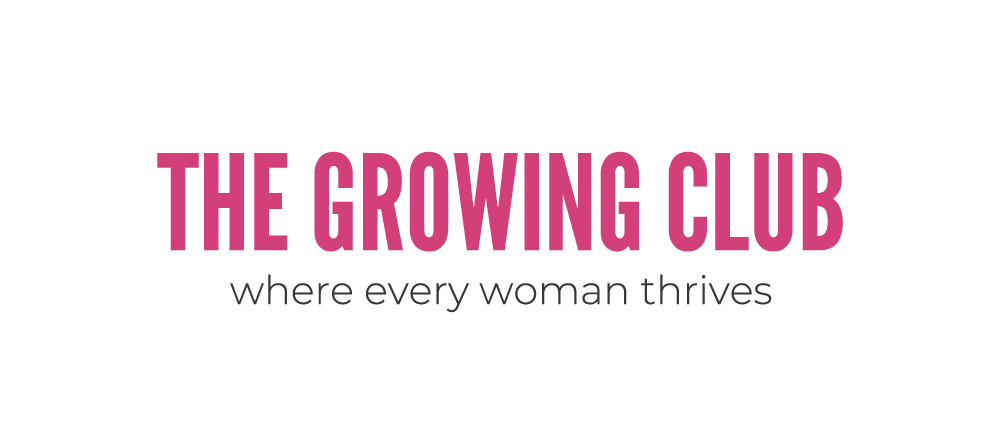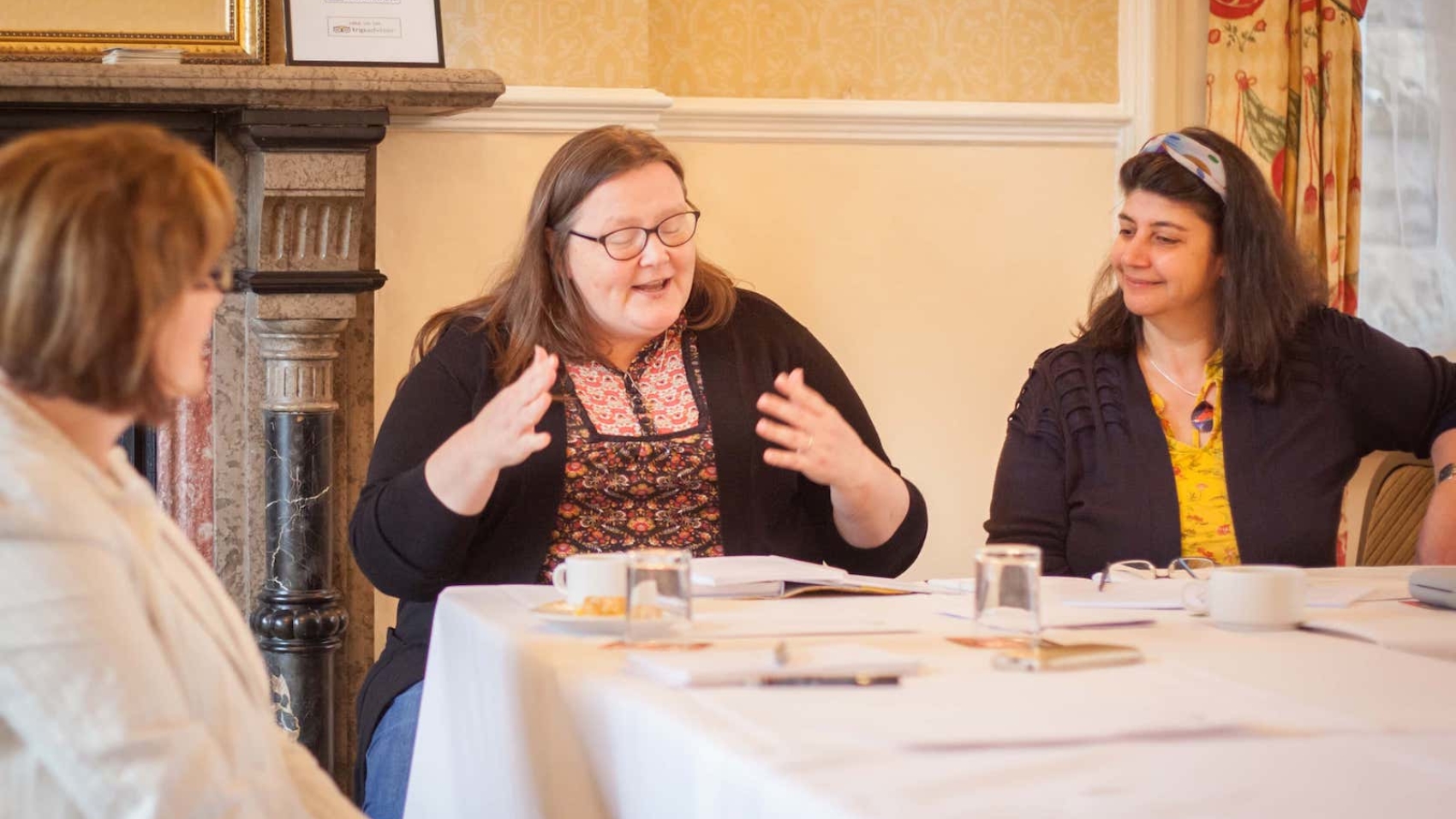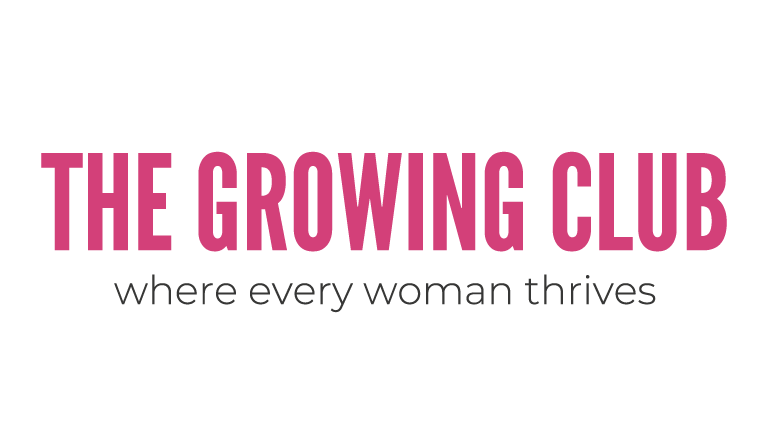The Growing Club runs employment and enterprise training for women in North West England.
When coronavirus hit, we were unable to continue with our training programme in our usual face-to-face delivery, in small groups. However, we have continued to work from our homes and we adapted quickly to the lockdown situation, delivering all of our programmes online within a week, with additional programmes added to our offering. As we received the government small business grant, we prioritised to keep going, paying the team and ensuring we were around to support the many women we work with.
The Institute for Fiscal Studies (IFS) conducted their Quarterly Labour Force Survey and found that women and young people (under 25s) were more likely to be disproportionately impacted by the COVID-19 pandemic, with long-term economic consequences for these groups. This, they believe, is due to the groups being more likely to hold employment in areas that have been forced to close down due to the pandemic and social distancing requirements, like restaurants and hotels for example.
And the UN has also issued a warning of the global COVID-19 crisis increasing inequalities for women. The UN’s senior gender adviser, Nahla Valji, said:
“There is no single society where we’ve achieved equality between men and women, and so this pandemic is being layered on top of existing inequalities, and it’s exacerbating those inequalities.”
We surveyed women within our network, on the impacts of COVID-19 has had on their own businesses. Some of the themes that have arisen include:
Businesses
The responses received showed that the majority of women have been affected by the pandemic, with many businesses needing to close. One respondent stated:
“My business has ‘fallen off the edge of a cliff’ and I have furloughed myself.”
Finances
The impacts for women whose businesses have suffered under the pandemic are varied, with several women stating that their income has been dramatically reduced and they’re unsure what the future holds.
One respondent stated:
“I had to stop working mid-March. It has been tough, not just financially, but emotionally too. I have had to apply for Universal Credit which is upsetting as I was getting to the point that I was reaching the point where I wasn’t needing benefits for much longer.”
Home-schooling
Many women have assumed full caring responsibilities for young children, along with having to teach them from home. Several of those children have additional needs, resulting in the women being unable to work on their own business, if it is still active.
The pressures of taking on a domestic role, with often the male partner working full time from home.
One respondent stated:
“[My business has] totally stalled since I am now trying to home-school children. I’m not making anything…I don’t have the energy to work on online selling.”
Wellbeing
Many women report feelings of overwhelm, with tiredness and worry impacting them on a day-to-day basis. Lots have reported being proactive in dealing with these feelings, and trying to prioritise self-care, through yoga, meditation and other methods.
Maintaining support for our women
Our plan for prioritising the women from our network has worked well so far – the women appreciate that we have stayed around to help them stay focussed and motivated during a tough time. The weekly virtual drop-in sessions have become weekly goal-setting and check-in sessions. Keeping in touch and helping to keep women buoyant has become our priority.
We have even added new programmes: a daily 10-minute neck and shoulder exercise session live on our Facebook page; weekly Monday morning workshops to help women start the week well, prioritise and stay focussed; and we have even launched a women and leadership course.
Urgent concerns
However, we are also very concerned by what we are seeing and hearing from some of the women who use our services.
We already know women are hit hardest by poverty.
There is still an assumption that this country is one of happy, nuclear families.
The reality is some women and children are now in lockdown with abusive and violent partners and some women are having to live on next to no income. One woman who has been self-employed for just over a year, not only has to wait until June for her self-employment support payment, but also expects to only get £95 a month. She is a single mum.
The hardest thing for us to see is women unable to participate. Women with young children on our employment skills course had to immediately drop-out.
And women running businesses are unable to give attention to their enterprise when they have caring responsibilities. We fully understand that keeping safe is priority and we are totally reinforcing that message. But what it means in real terms, is that small businesses led by women with caring responsibilities will fall behind those run by men, and that women are carrying that responsibility even when they have a male partner at home furloughed, or also self-employed.
We talk a lot about women doing the double shift – running a business and a home. But this situation has really demonstrated that domestic responsibilities are not shared equally, even when they can be.
The outcome of that is women cannot attend to their business, or take part in the many business support sessions being delivered via Zoom.
We are guilty of that too. We have a number of sessions running at 12.30 . It’s normally not a problem, but in these times of all children being home-schooled, it’s now the children’s lunch break. We are aware now and have made changes, but this situation is not being heard at all by business support leaders – because it’s just another ‘women’s issue’.
What are the consequences of ignoring this?
While the business support world is all about getting the economy restarted, post-COVID19. There is no sense of how many businesses are run by women. The impact on local economies and individual families who once again find themselves struggling on low incomes is going to be huge. We would like to see national statistics on the business impacts on women from COVID-19, but it’s unlikely there will be any.
Post-lockdown, we absolutely must place great weight on creating a level playing field for women. Extra financial support should be prioritised for women running small businesses, on a local and national recovery agenda, because these women have had the critical jobs of caring for and educating our children, caring for the elderly and running homes at the expense of their own businesses.
It’s heart-breaking. So many women were just getting into their stride, building businesses on their own terms, using their skills and gaining confidence.
We can no longer say we are planning for economic recovery without planning for economic equality.
We will recover, but once again, it will be done with women having one hand tied behind them.



